Faced with the energy crisis and the risk of long-term power shortages, countries around the world have been implementing many policies, campaigns and specific, practical measures to save electricity for groups, individuals and businesses as much as possible.
Fine for opening the door while the air conditioner is on
According to Citigroup , hydropower is facing a major challenge due to the El Nino weather phenomenon from May to July, which leads to other heat waves. Faced with this difficult problem, countries around the world are forced to come up with solutions to help save energy consumption strategically.
Hydropower is China's largest source of clean energy, accounting for about 16% of the country's electricity generation in 2022. China suffered its worst drought in decades in the summer of 2022, causing parts of the Yangtze River, the country's longest, to dry up, reducing electricity production. According to Bloomberg , electricity from the Three Gorges Dam, the world's largest hydroelectric project, fell about 40% compared to the previous year. Not only the Yangtze, low rainfall in other parts of China has also caused rivers to drop to low levels, with 66 rivers completely dry. The prolonged hot weather has caused electricity demand to reach historic highs. Sichuan and Yunnan are two provinces in China that rely heavily on hydropower. Factories in Sichuan were forced to close for weeks, and industrial activities were restricted for months. State-owned companies, residents and commercial establishments are also advised to set air-conditioning temperatures no lower than 26 degrees Celsius.
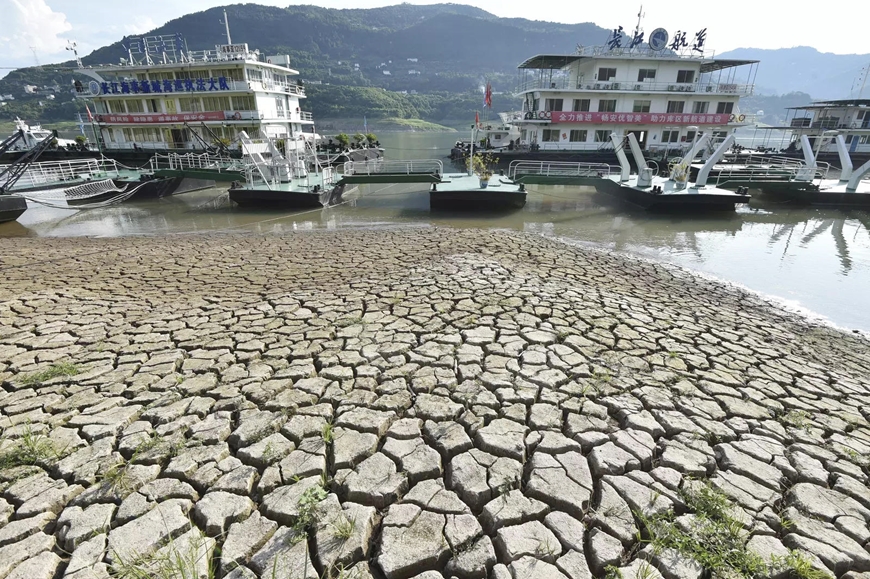 |
| Prolonged heatwave caused part of the Yangtze River to dry up last year. Photo: AFP |
Meanwhile, the power grids in California and Texas (USA) have also faced power shortages in recent years, due to increasing demand and severe weather. Many policies introduced over the past three decades, including appliance efficiency standards, voluntary labeling programs such as Energy Star, and state energy efficiency goals, have partly addressed the growing demand for electricity and saved consumers billions of dollars. Energy efficiency programs have helped American consumers save large sums of money. Local economies benefit when consumers buy other goods and services with the money they save on their bills. In addition, generating less energy can lead to better air quality, while improving public health. New research shows that the right policies can benefit consumers and the environment at the same time.
Meanwhile, across Europe, governments and city authorities have responded to calls to reduce energy consumption to meet the European Union's (EU) target of cutting energy consumption by 15%. Saving electricity is key to combating climate change and reducing the continent's energy dependence. In the future, the European Parliament (EP) has set a target for new buildings in EU countries to use solar energy technology by 2028 when it is technically and economically feasible. For residential housing, the deadline is 2032.
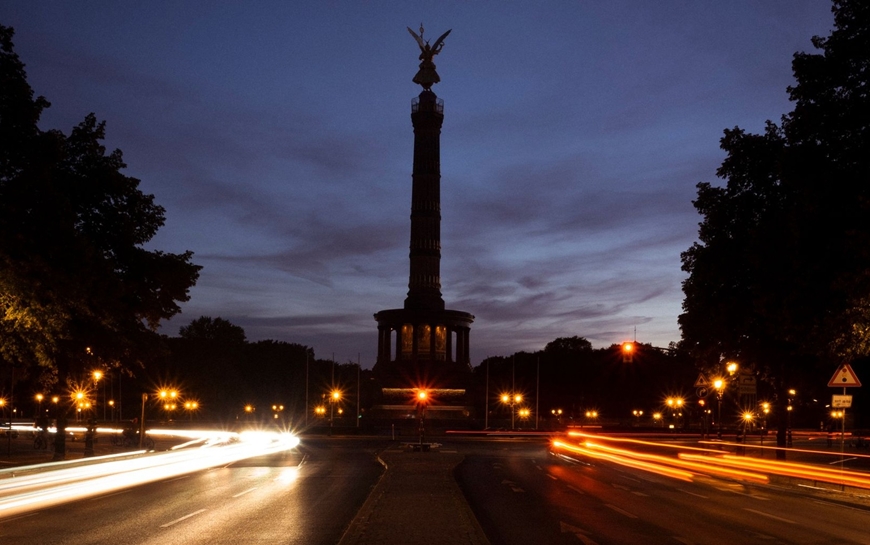 |
| The Victory Column in Berlin is turned off at night. Photo: Zuma Press. |
Some European countries have legislated on saving electricity. Belgium has required people to learn practical measures to save electricity when using vehicles for traffic participants; install energy-saving devices when constructing and operating buildings... In particular, this country has also built an energy website called Guzzler (www.energivores.be), which helps calculate the amount of CO2 to evaluate the energy efficiency of existing devices/products in a house; as well as give advice on using energy-saving devices; calculate annual savings and payback period when using. In the French government's "Energy Safety Plan" to cut 10% of energy consumption, it stipulates that the temperature of the air conditioning system in the summer is 26 degrees Celsius. The Paris government also imposes a fine of 150 euros on businesses that leave windows open when the air conditioner is on. For Greece, energy efficiency is mandatory in Greek public sector entities. Energy efficiency is monitored; failure to do so could result in the loss of government funding, including annual energy subsidies worth hundreds of millions of euros. Athens hopes the plan will cut electricity consumption by 10% in the short term.
Japan is no exception. The Japanese government has successfully encouraged households and industries to conserve energy during the peak summer season, notably through the “Cool Biz” campaign. Launched by Prime Minister Junichiro Koizumi in the summer of 2005, the campaign encouraged employees to dress coolly and reduce air conditioning use during the summer. At the same time, the Tokyo government pledged to only wear ties during high-level meetings during the campaign. As a result, Japan has cut 460,000 tons of CO2 emissions, equivalent to the emissions of 1 million households each month.
In particular, Japan has found a solution to use pumped storage hydropower to reduce the electricity load, and has also applied a system for Tokyo office workers to work on their days off and will reward households that are at the forefront of the movement to reduce electricity use. In addition, this country also calls on restaurants and offices to increase tree coverage to create shade and cool the air, as well as use smart and energy-saving electrical equipment.
For its part, South Korea has also introduced special sanctions to promote electricity saving among the entire population, including recommending that air conditioning be set at no lower than 26 degrees Celsius and imposing fines of up to 3 million won on private buildings that use more than 100 kWh, or fines for leaving the air conditioner on without closing the door. In addition, a similar campaign to Japan's "Cool Biz" was also launched in Korea under the name "Coolmaepsi" (Cool Style), contributing to reducing 1.97 million tons of CO2 emissions.
Some countries have also made many proposals to save electricity, such as using clotheslines instead of dryers, public buildings and billboards only being lit from 4pm to 10pm, switching to more energy-saving LED bulbs, increasing electricity prices to limit demand, or using phone applications that allow real-time monitoring of energy usage...
Some creative and practical ways to save electricity
Japan: The Green Wall
The Japanese energy-saving green wall is the solution to hot summer days and cold winter nights. This living curtain made of climbing leaves from floor to ceiling not only beautifully decorates and highlights the house, but also provides shade and cooling for windows and balconies. In addition, they also provide insulation effects.
These green walls have been shown to reduce the temperature of walls by 10 degrees Celsius by reflecting direct sunlight. In the winter, these green walls can insulate your home and reduce energy costs for heating.
Germany: Passive housing
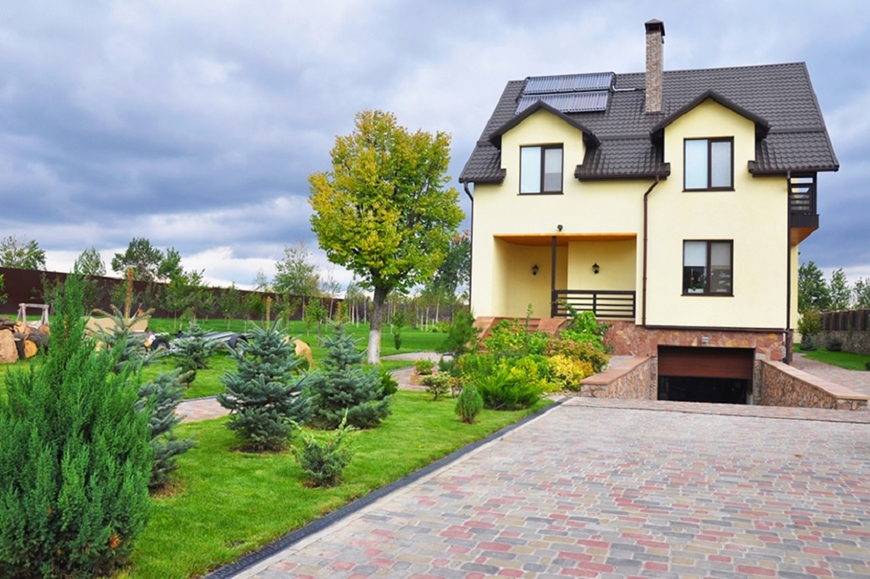 |
| Passive housing projects help save electricity in Germany |
The concept of passive housing , which originated in Germany, has become an international phenomenon in recent years. The house's unique feature is that it consumes only 15 kWh/m2/year for heating, which is one-fifth of other energy-efficient houses in the country. The superiority of passive houses is demonstrated in many aspects, helping to create and maintain a high level of thermal comfort for users; the house is completely proactive in providing clean air to all rooms in all conditions and at all times of the year without causing negative impacts on the environment at very low costs.
To achieve these criteria, the entire covering of the house must be very well insulated. In addition, the building must ensure airtightness, preventing unwanted impacts from entering the interior space such as radiation and heat (summer), cold air (winter) and pollutants from circulating vehicles and daily living and production activities, and must use advanced energy equipment, certified as “energy efficient”, along with a high-performance fresh air filtration and supply system. This project has really resonated and opened a new direction for the construction industry, not only in Germany but also for the entire EU.
Norway: Using automatic lighting technology
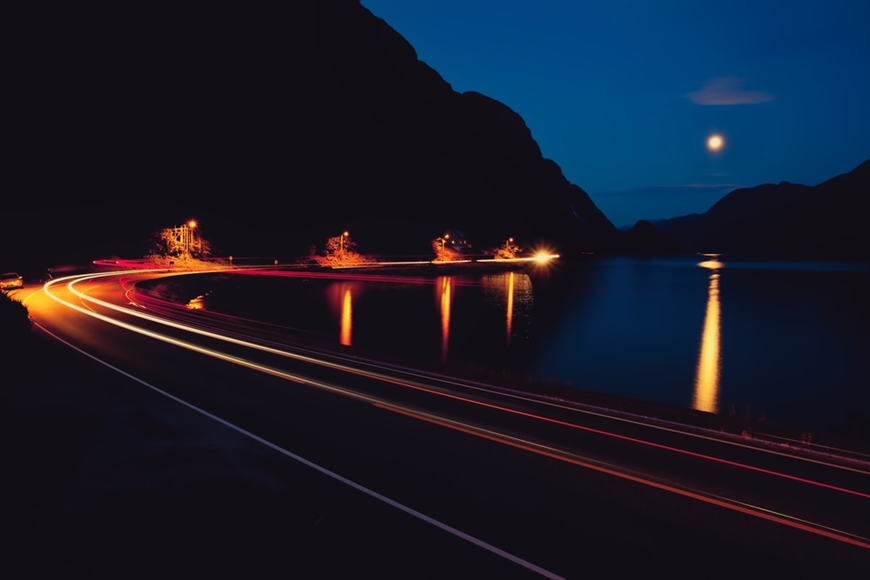 |
| Norway's smart energy-saving lighting system |
Norway has successfully incorporated smart lighting into its infrastructure, especially on its roads. For example, some sections of highways are equipped with automatically dimming streetlights. LED lights dim to 20% when there are no vehicles, cyclists or pedestrians in the area, then come back on when movement is detected. This saves energy when not in use. The initiative saved 2,100 kWh/week from just one of the systems installed on the highway.
Netherlands: Hunting for underground devices that "eat" electricity
The Dutch central government has called on people to track down electronic devices that are secretly consuming energy even when they are not in use, such as game consoles, phone and TV chargers, virtual appliances, and then unplug less-used devices and electrical appliances.
New Zealand and Australia: Prioritizing energy-saving products
New Zealand and Australia have partnered to bring energy-efficient products to their residents through the Energy Efficient Appliances (E3) Scheme, which sets minimum energy efficiency standards for a number of products such as light bulbs, appliances, electronics, etc. Only products that meet the standards set by the countries are allowed to be sold.
To help consumers determine how energy efficient a product is, an energy rating label is attached to each E3 Program product, with a maximum of six stars, the more stars a product has, the more energy efficient it is. It also includes the estimated annual energy consumption of the product so that consumers can easily compare energy usage between similar appliances.
America: Applying technology, giving gifts
Utilities in the US have raised their electricity prices to curb demand, but that hasn’t been enough. So they’ve partnered with software providers like OhmConnect, which helps households reduce their electricity use by installing app-connected smart devices that track energy usage in real time, remotely adjusting thermostats and other appliances during peak hours, and offering incentives for customers who reduce their electricity use, such as bicycles, grocery gift cards, and baseball game tickets.
MINH ANH (synthesis)
Source



![[Photo] Unique Phu Gia horse hat weaving craft](https://vphoto.vietnam.vn/thumb/1200x675/vietnam/resource/IMAGE/2025/10/10/1760084018320_ndo_br_01-jpg.webp)

![[Photo] Ho Chi Minh City is brilliant with flags and flowers on the eve of the 1st Party Congress, term 2025-2030](https://vphoto.vietnam.vn/thumb/1200x675/vietnam/resource/IMAGE/2025/10/10/1760102923219_ndo_br_thiet-ke-chua-co-ten-43-png.webp)
![[Photo] "Exposing letters" in the flood center of Lang Son](https://vphoto.vietnam.vn/thumb/1200x675/vietnam/resource/IMAGE/2025/10/10/1760080117518_ndo_br_z7101324112737-07cd4d1c01801a8ccf4ae0cbaf31c4a3-507-jpg.webp)





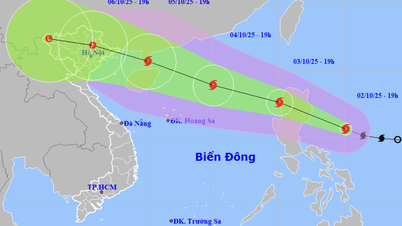

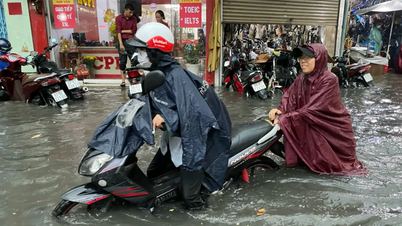



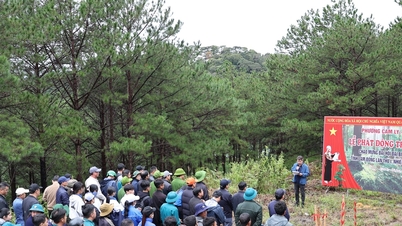

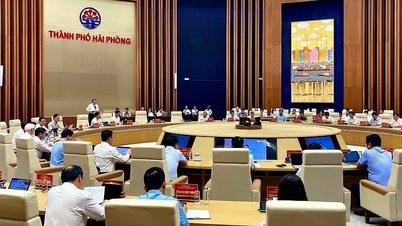



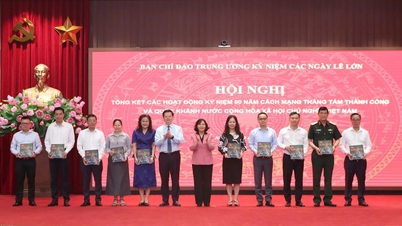







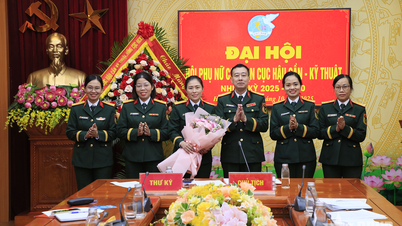




















































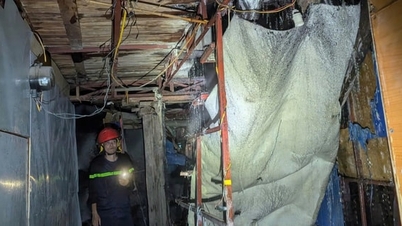


















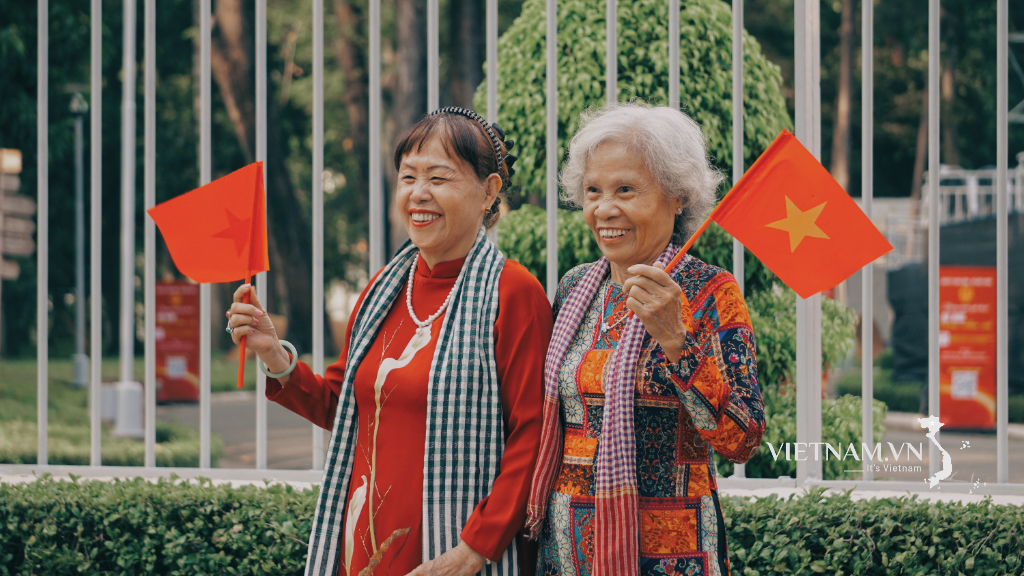
Comment (0)